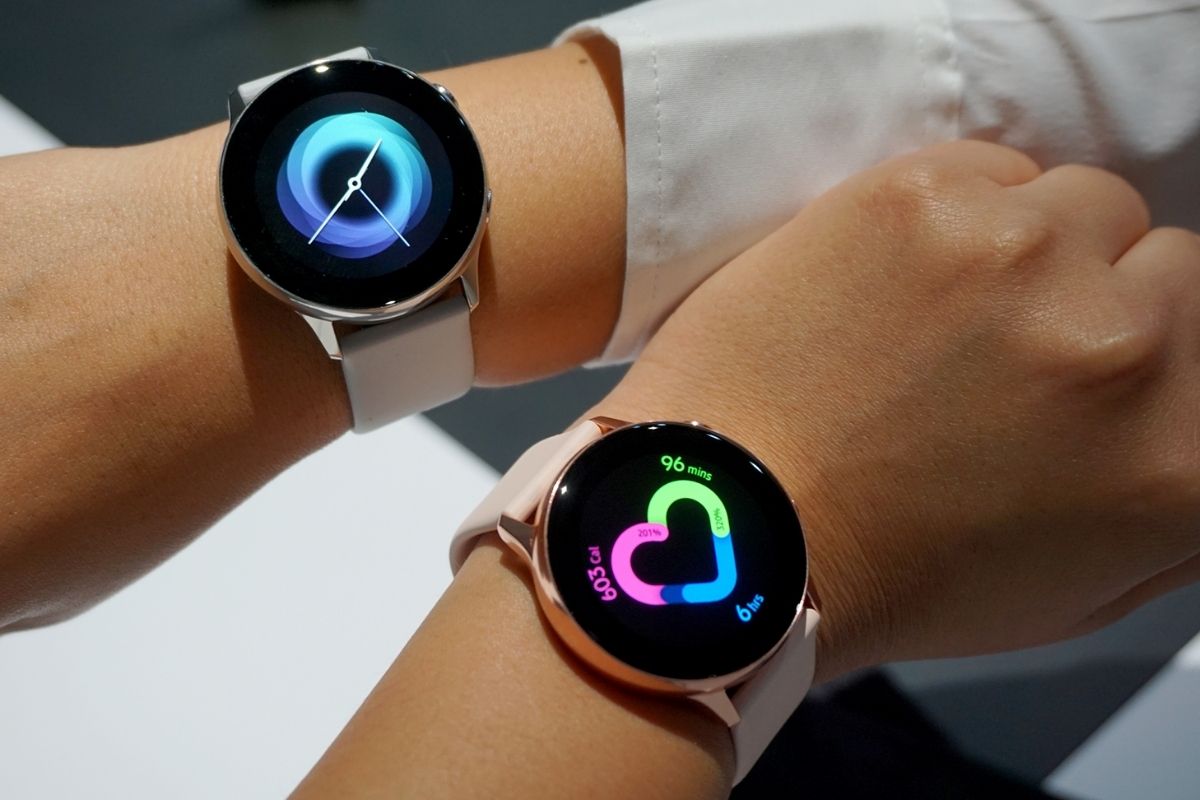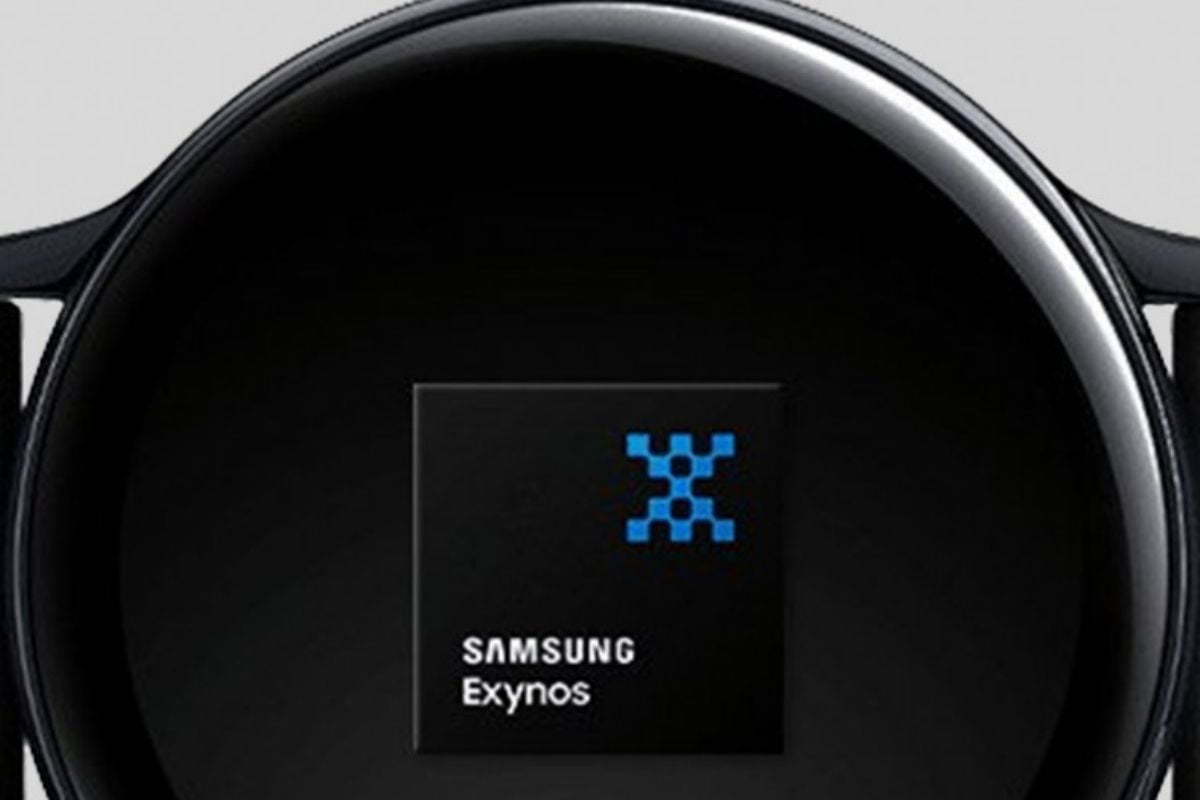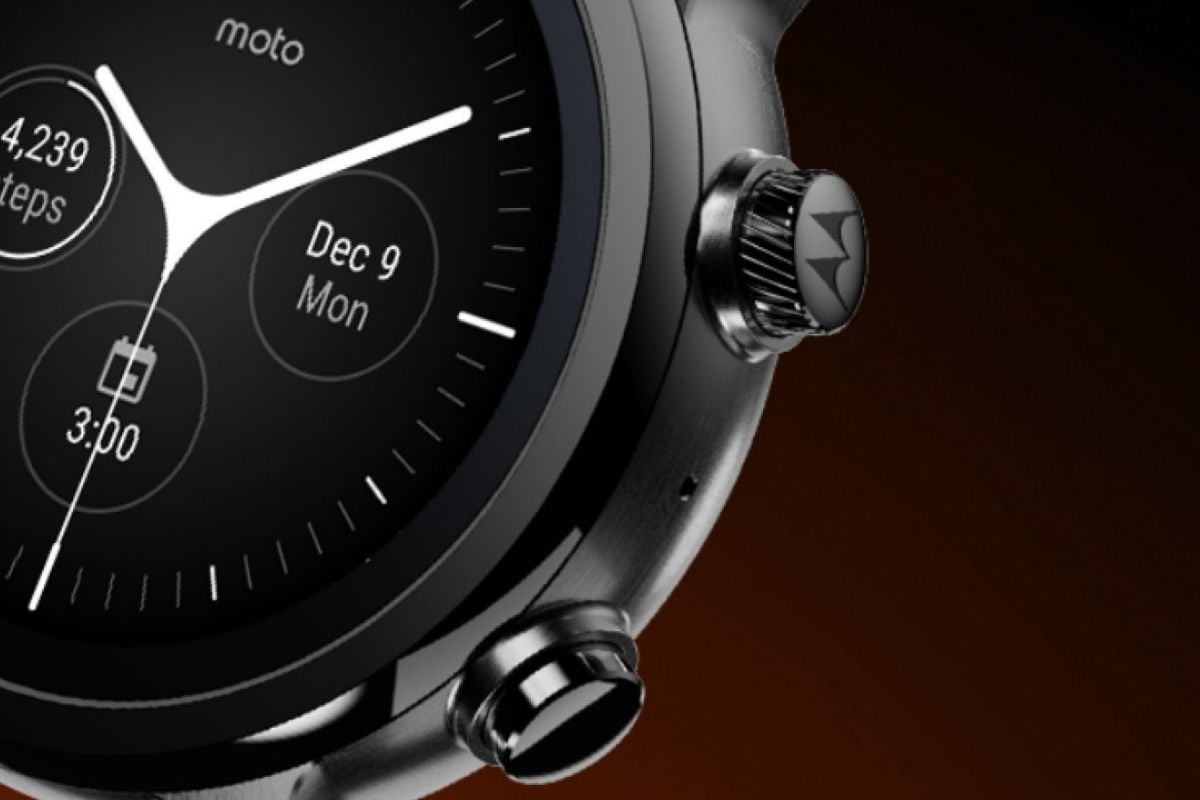
Samsung is all set to launch the Galaxy Watch 4, post multiple leaks and rumours over the past couple of leaks hinting at the product being the next big thing when it comes to Android smartwatches. But, what will set the watch apart will not be its design or build, rather what will be present inside it.
The company provided very few details in relation to the watch but yesterday, it unveiled details in relation to the hardware that will be powering the next smartwatch from Samsung, which is a bigger deal than some might think it to be.
In case you missed it, the Galaxy Watch 4 and the rumoured Galaxy Watch 4 Classic will be powered by the recently announced Exynos W920 chipset, which is a 5nm wearable chipset that has been designed keeping in mind the intention to deliver better performance whilst being much more efficient than its competitors.
Why Does the Exynos W920 Stand Out?

To do so, the W920 is equipped with dual Cortex A55 cores, usually found on smartphones and an ARM Mali-G68 GPU, which, as per Samsung allows for an increase of 20% in CPU performance and a 10x boost in graphics per
formance. The 4G LTE CAT.4 modem provides cellular connectivity, with the chip also supporting built-in GPS.
The chip is built on the 5nm extreme ultra-violet or EUV node at Samsung SLSI, much like the Samsung Exynos 2100, the chipset of choice for 2021's Samsung flagship, the S21 series. The company added that the chip can handle displays with a resolution of up to 960*540 and comes with a low-power co-processor for AoD or Always on Display functionalities.
What sets the Exynos W920 is that it is the smallest package in the wearable market as of now, which basically means that the system-in-package, which consists of the cores, ICs for power management, RAM and storage modules take up very little space, which can allow for slimmer smartwatches or smartwatches with larger batteries.
Can the Exynos W920 Beat Qualcomm?

Whilst this was just a description of what the chipset offers, what is more, important is that it is a good alternative to Snapdragon Wear chipsets and, with the Qualcomm Snapdragon Wear 5100 chip supposedly in preparation, we could see these two chips battling with each other to claim the title of the best smartwatch chipset of 2021.
Usually, the Snapdragon chip is known to have the upper hand owing to increased usage, but, if Samsung truly manages to trump Qualcomm, we could see Samsung's upcoming Galaxy Watch series take off.
We won't have to wait too long, however, since the Galaxy Watch 4 and Watch 4 Classic, with Wear OS 3.0 will be showcased to the public on August 11.















